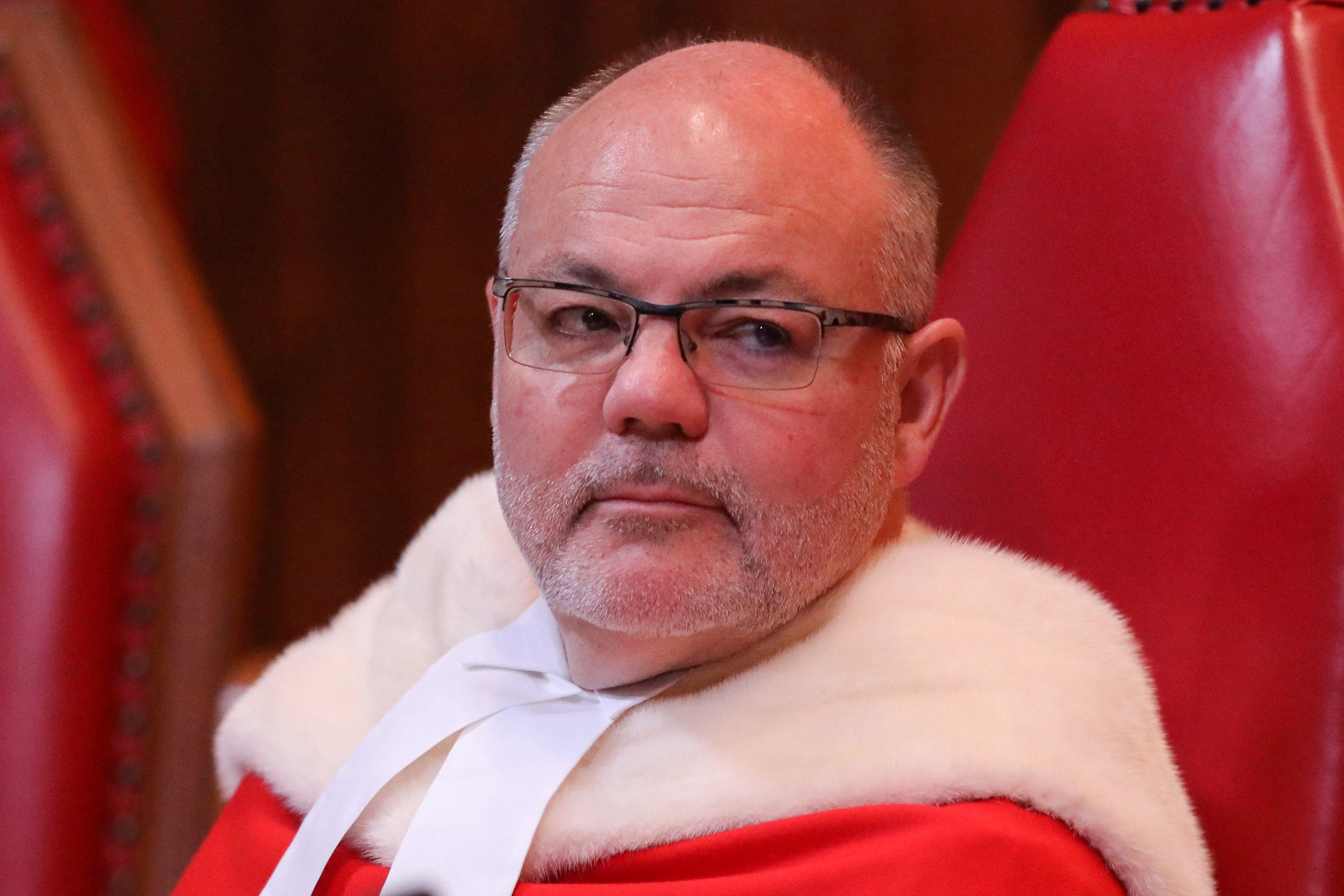On Monday, Canadian Supreme Court Justice Russell Brown resigned unexpectedly amid an investigation by the Canadian Judicial Council over his alleged drunken harassment of a female at an Arizona resort in January. Brown maintained his innocence, and his lawyers were confident he would be vindicated. But he resigned anyway, citing personal and family strain along with the impact of his absence on the court (he’d been away for four months during the investigation) as reasons for stepping down.
Brown was appointed to the court by former PM Stephen Harper, a Conservative. The court still has a couple conservative voices, but legal experts have noted that it has lost a fine legal mind in Brown.
Rumors had spread that the CJC could hold a public hearing into the alleged incident, and the 44-member council can, in extreme cases, recommend that Parliament vote to remove a judge.
Had this affair played out in the US, the outcome would likely have been different. In Canada, the CJC upholds professional judicial ethics, and nonpartisan Supreme Court norms are strong across branches of government. SCOTUS does not have a code of ethics, nor is it bound by the Code of Conduct for United States Judges. The process for removing a US justice requires impeachment in the House of Representatives followed by trial and conviction in the Senate. That’s only happened once – in 1805. In a country where top judicial appointments are both politicized and partisan, like the legislature itself, holding top judges to account seems impossible – especially when the party that controls the process and holds a majority in the House or Senate (or both) is the same party that nominated the judge in the first place.
That’s good news for Justice Clarence Thomas. News recently broke that Thomas was gifted luxury vacations by a billionaire Republican donor that were not disclosed. Thomas refuses to resign despite the massive hit to public trust in the court, which was already low. Compare that to Canada’s Brown, who left despite there being no finding of wrongdoing, citing “the common good.”
PM Justin Trudeau is now set to appoint his sixth judge to Canada’s Supreme Court since taking power in 2015. His predecessor, Harper, appointed eight, including the man Trudeau would later promote to chief justice. Former President Donald Trump appointed three justices in four years, the most since Ronald Reagan appointed four in the 1980s. Like Reagan, Trump’s appointments were designed to remake American jurisprudence – and society – in the Republican mold. Last year’s overturning of Roe v. Wade was part of that vision.
But in Canada, court appointments are far less partisan, and they are not designed to further express ideological agendas. Supreme Court appointments north of the 49th parallel also do not require a vote from the legislature – the position is appointed by the executive. In 2016, Trudeau further depoliticized the process by creating an independent and non-partisan Advisory Board to suggest a list of three to five names from which the PM would choose an appointee after the Minister of Justice consults with stakeholders.
We’ll be watching to see whether his next judicial appointment, amid rising partisan toxicity in Canada, tests that norm.
